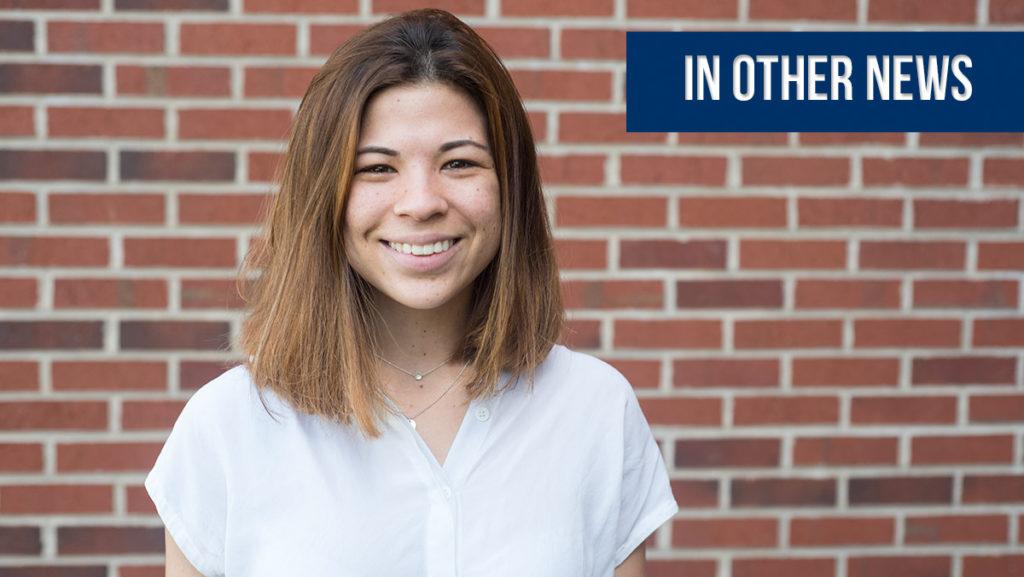Last week, I talked to a friend about the current situation in the Democratic Republic of Congo. I mentioned the protests that erupted Sept. 19 in Kinshasa. The peaceful protests were set up by opposition parties to march in protest against President Joseph Kabila’s running for a third term. According to the Congolese constitution, he cannot run again, so President Kabila has been delaying the elections for over a year now to stay in office. He is to step down in December, but there have been no preparations to hold an election.
The opposition-led protests turned violent after the government hired people to beat protesters and ordered the police to gas and detain all those on the street. The protests have continued throughout the week, leaving dozens dead, three opposition headquarters torched to the ground and the security situation in Kinshasa rapidly deteriorating.
“It’s just the Congo being the Congo,” he said with disinterest. “Why write about it?”
He was right. It’s not the first time the Congolese have protested the violation of their constitutional rights. The country has had a history of violent transitions of power since colonial times.
Back in 2015, protestors took to the streets when President Kabila first proposed to change an election law that would have delayed voting. After 15 years in office and delaying elections, it is clear that Kabila wishes to establish a system that lets him have an indefinite presidency.
If we really sit down and think about it, the Congolese are currently fighting for their own democracy. The fact that it has spiraled into a wave of violent protests, mostly because the government does not condone opposition, does not mean it should not be talked about because “it always happens.” If this were true, then covering all the inaccurate and absurd things Donald Trump says would be redundant. The two-year media circus that has been the U.S. presidential election is not worthy of writing about: It’s just the U.S. being the U.S.
The fact of the matter is that peaceful protests to protect the constitution have been stifled violently and aggressively by the same government that is failing its people is news. Just because it took place in the Congo does not make it unimportant or invalid for mainstream media to cover. If anything, a country protecting its own democracy without the aid of the United States should be covered relentlessly, for that is a refreshing novelty.
Categories:
Protests in Congo deserve media coverage
September 25, 2016
Donate to The Ithacan
$701
$4000
Contributed
Our Goal
Your donation will support The Ithacan's student journalists in their effort to keep the Ithaca College and wider Ithaca community informed. Your contribution will allow us to purchase equipment and cover our annual website hosting costs.
More to Discover




